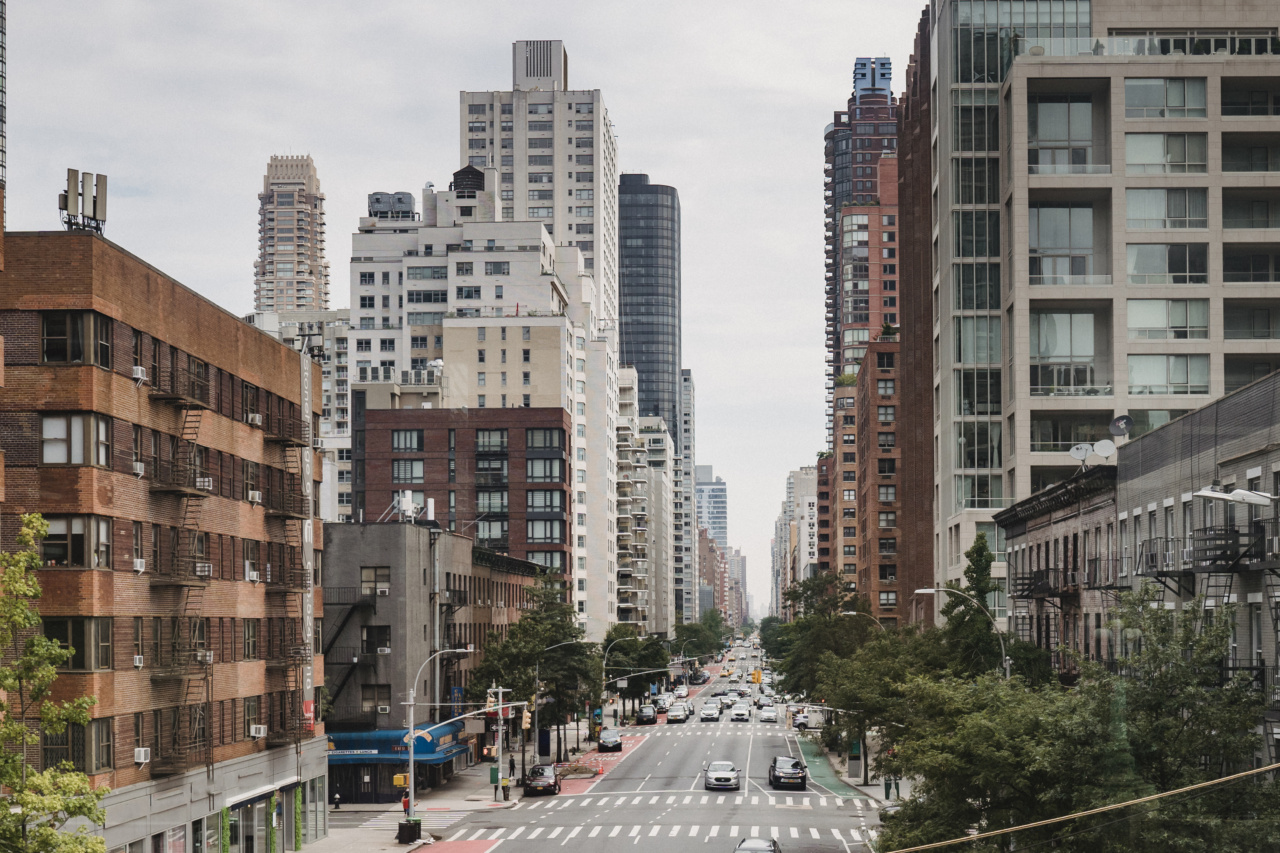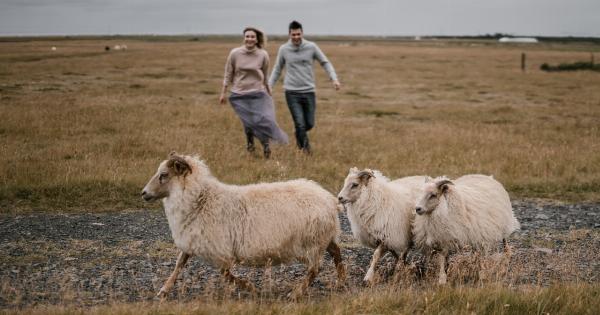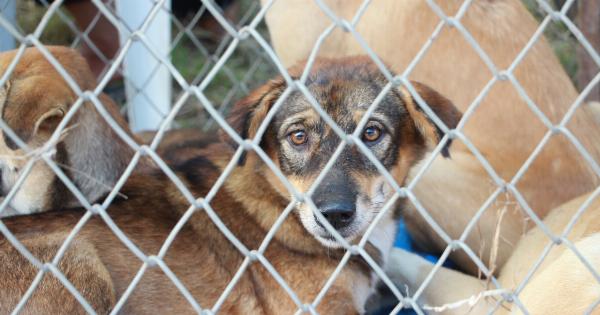The state of Massachusetts has recently joined New York in banning a widespread, yet controversial practice: ovyctomy.
Ovyctomy, also known as egg-laying, is an agricultural practice that involves removing the reproductive organs of hens to increase egg production. While it was once considered a common and accepted practice, there has been a widespread push towards banning it due to concerns over animal welfare and ethical treatment.
What is Ovyctomy?
Ovyctomy involves the removal of the reproductive organs of female birds. Specifically, it is the removal of the ovary and oviduct of hens. This is done to stimulate higher egg production rates within the bird.
While the practice has been popular in commercial poultry farming, it isn’t without its drawbacks. Ovyctomized hens are more prone to disease and are unable to mate naturally or engage in normal behaviors such as nesting.
Why ban Ovyctomy?
There are a number of reasons why Ovyctomy is being banned in certain states. Animal welfare advocates have argued that the practice is both cruel and inhumane. Removing the reproductive organs of hens can cause significant pain and stress.
Additionally, these hens are more prone to disease and infection. Opponents of ovyctomy also believe that there is no scientific evidence that proves that this practice results in increased egg production or better quality eggs.
Alternatives to Ovyctomy
Fortunately, there are a number of alternatives to ovyctomy that are both humane and effective. For example, farmers can use better breeding practices to produce hens that are genetically predisposed to higher egg yields.
Additionally, farmers can use natural methods to improve the welfare of their flocks, such as providing ample space, sunlight, and fresh food and water. By focusing on the welfare of their hens, farmers can ensure a high quality of life and maximum egg production.
The Impact of the Ban
The ban on ovyctomy in Massachusetts and New York is an important step towards protecting animal welfare and promoting ethical treatment. It sends a strong message to the poultry industry that humane farming practices are the way of the future.
Additionally, this ban will have a positive impact on the environment. By eliminating the need for intensive farming practices, we can reduce the amount of waste and pollution associated with the industry.
What’s Next?
The ban on ovyctomy is just one step towards promoting ethical and sustainable farming practices.
As consumers become more aware of the impact of their food choices, we can expect to see more demand for products that are sourced in an ethical and sustainable manner. Ultimately, the goal is to create a farming industry that is based on the principles of animal welfare and environmental sustainability. This is achievable through a combination of education, advocacy, and consumer demand.
Conclusion
The banning of ovyctomy in Massachusetts and New York is a positive step towards promoting ethical practices in the farming industry. By prioritizing animal welfare, we can create a more sustainable and humane food system.
While there is still work to be done, this ban is a critical first step towards making real change in the industry.































